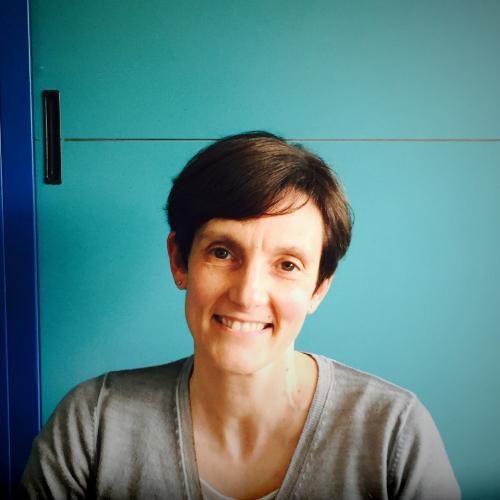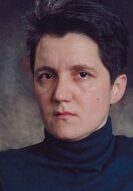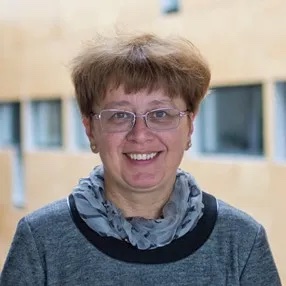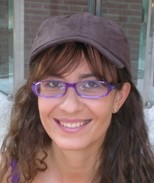Wednesday 28th August, 2024
In situ: ADBIS 2024 Venue, Bayonne, France
Online: Zoom [click here] — Passcode: SC87Fc
Co-Chairs
- Mirjana Ivanovich, University of Novi Sad, Serbia, (mira at dmi dot uns dot ac dot rs)
- Genoveva Vargas-Solar, LIRIS, French Council of Scientific Research, France (genoveva.vargas-solar at cnrs dot fr)
- Ester Zumpano, DIMES, Università della Calabria, Italy (e.zumpano at dimes dot unical dot it)
Context
The Doctoral Consortium (DC) is a forum where PhD students can present their research ideas, confront them with the scientific community, receive feedback from mentors and tie cooperation bounds. Students will receive inspiration from their peers and will have a chance to discuss their research objectives with senior community members in the context of an established international conference. The DC session will take place during the conference.
Each participant will present her/his work in a hybrid speed dating format, followed by a discussion with senior researcher. Receiving feedback about their work from senior researchers and discussing it with them is an excellent opportunity to receive valuable comments and suggestions on the research activity.
One accepted paper will be awarded the Best Doctoral Consortium Paper Award by the DC Committee.
Program
The program consists of three session. Authors are required to attend ALL sessions.
| 09:00 – 10:15 | Session 1 | |
| 09:00 – 09:10 | Introduction to the Doctoral Consortium DC Co-Chairs Mirjana Ivanovic, University of Novi Sad, Serbia, Genoveva Vargas-Solar, CNRS & Ester Zumpano, U. of Calabria |
| 09:10- 10:05 | Speed dating 5 minutes Madness & Collective mentoring discussion Find your group Meeting Room here | |
| TOPIC | DS for data-driven medical applications | |
Observer 1: Mirjana Ivanovic, U. of Novi Sad, Serbia [material] Observer 2: Ester Zumpano, University of Calabria, Italy [material] | Mentor 1: Johann Gamper, Free University of Bozen-Bolzano, Italy – Proposal for an Application for Scoliosis Screening and Follow-up, Lorella Bottino – Using Graph Theory for Clinical Data Management, Ilaria Lazzaro – Integrating Pseudo-Time Series Analysis into Telemedicine: Enhancing Real-Time Disease Monitoring and Intervention, Barbara Puccio Mentor 2: Tatjana Welzer University of Maribor, Slovenia – Classifying Chest X-Ray Images with Deep Learning Techniques: Challenges and Explainable Analysis, Tommaso Ruga – Scalable Deep Learning: Applications in Medicine, Luca Barillaro – Development of Explainable AI Methods for the Interpretation of Machine Learning Models in Bioinformatics and Medicine, Fedra Rosita Falvo | |
| TOPIC | Natural Language Processing and its applications | |
Observer 3: Genoveva Vargas-Solar, CNRS, France [material] | Mentor 3: Simona Rombo, University of Palermo, Italy – Advancing Legal NLP: Application of Pre-trained Language Models in the Legal Domain, Candida Maria Greco – Negation Detection in Italian: A Key Challenge in Sentiment Analysis, Maria Chiara Martinis | |
| TOPIC | DS methods and techniques | |
| Observer 4: Javier Espinosa, University Claude Bernard Lyon 1, France [material] | Mentor 4: Barbara Catania, University of Genova – Optimizing Federated Learning and Increasing Efficiency, Mihailo Ilić – Towards More Efficient and Improved Federated Learning, Jamsher Bhanbhro – Deep Learning Techniques for Predicting Wildires in Calabria Italy Using Environmental Parameters, Khushal Das | |
| 10:05-10:15 | Recap of seed-dating by Observers |
| 12:00-13:00 | Session 2 | DEI Activity: DEI aware Data science HANDS-ON |
| D&I Perspectives in data-driven experiments Barbara Catania & Martina Brocchi, University of Genova, Italy BRING YOUR COMPUTER |
| 14:30-15:30 | Session 3 | Keynote – Dialogue Chair: Genoveva Vargas-Solar, CNRS, France |
| “Text mining application in medicine” Chiara Zucco,University Magna Græcia of Catanzaro, Italy |
Keynote Speaker
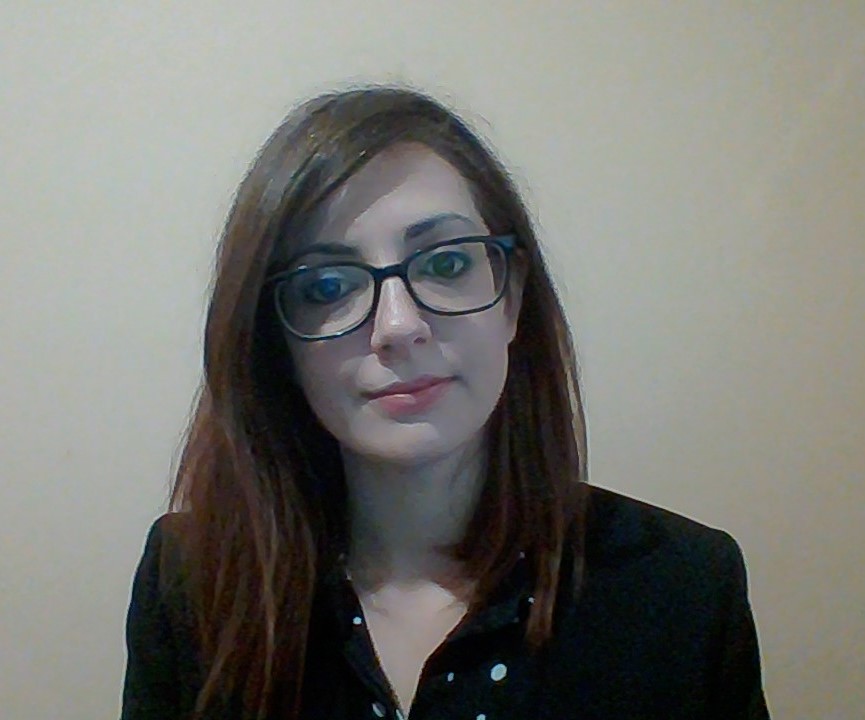
Chiara Zucco (she/her),University Magna Græcia of Catanzaro, Italy
Abstract
Textual data generated in healthcare contexts, including electronic health records, clinical notes, patient questionnaires, and research publications, provide rich, unstructured information that, when effectively mined, can signif- icantly enhance disease diagnosis, treatment planning, improve patient care by revealing intricate patterns as well as correlations not readily apparent through traditional data analysis methods.
In this invited talk, the fundamental tasks of text mining will be briefly introduced, with a particular focus on sentiment analysis, which examines the emotions and opinions expressed in textual data. In addition, an overview of various clinical applications of text mining will be presented, ranging from the analysis of hospital reviews extracted from an Italian blog to narrative medicine, which involves the written experiences of patients and their illnesses. Finally, the talk will also discuss how these techniques have been employed in telemedicine to improve remote patient monitoring by taking advantage of open-ended ques- tionnaires to predict low adherence to treatments for chronic diseases and to help clinicians understand the reasons behind it.
Bio
Chiara Zucco is a junior research scientist at the University Magna Græcia of Catanzaro, Italy. Her research interests are mainly focused on in- terpretable Text and Data Mining techniques and their application for patients monitoring and adverse events prediction.
Distinguished mentors and observers
